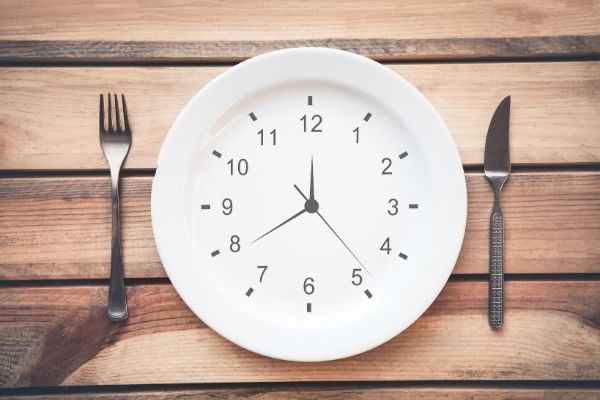How Meal Times Affect our Moods

October 17, 2022

How do meal times affect our moods? Well, even though most people oftentimes do not pay attention to their mood swings when they do not eat, they should. The timing of our meals can have a serious effect on our mental health. According to USN news, the timing of our food intake, if negative, can make us feel faint and nauseous. To add, some people also forget to eat. People who work multiple shifts and people who play sports sometimes find themselves struggling to keep track of when they have eaten and when they should eat. I have struggled with this myself. At times, I find myself struggling to remember to eat. When I forget to eat, I struggle to focus, and I get easily frustrated.
Meal times affect mood vulnerability as well. This is most common in people who have night shifts at workplaces. Studies have shown that people who don’t have normal meal times are 40% more likely to have depression. If erratic meal times become a habit, then that can cause long-term depression and anxiety. Eating during the day can help prevent nighttime fatigue. This goes the same for sports. Having snacks with you to eat during classes and having lunch with you at school can prevent fatigue, irritability, and low performance. Eating enough calories during the day is important to keep you going.d
As for people who don’t play a sport or have a job, it is still essential to plan when you’re going to eat. Food helps with focus and attention span in class. It’s important to take into consideration that when your stomach is growling, or you have a headache, you probably need to eat. It is also important to bring food with you whether you are at school, at sports, or whenever you think you’re going to get hungry. 
Having an erratic eating schedule can cause lots of issues. Fatigue is the most common mood caused by erratic meal times. In some households where there is a lot going on and meal times are not enforced, kids can forget to eat. Breakfast, for example, is one of the most important meals of the day. Not eating breakfast can cause you to be moody all day. Dinner is very important because it can cause you to wake up with fatigue and a loss of patience. It’s always great to have a snack with you and to eat three meals a day. It is possible to faint from not eating enough as well. Making a simple food schedule or listening to your body when your stomach is growling, and you feel weak is a way to rectify bad mealtime habits. Eating at least 2,000 calories a day is a good way to never feel hungry to the point of nausea. Keeping a consistent eating schedule has been proven as the best way to rectify not feeling hungry. That way so, your body is well adjusted to your schedule and knows when it needs food. This way, you will get into a good habit of eating at the same time every day.



















